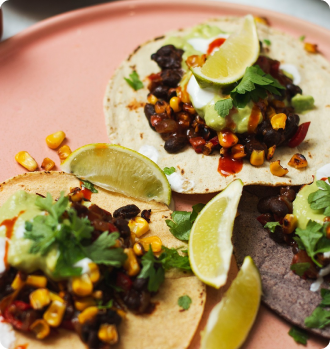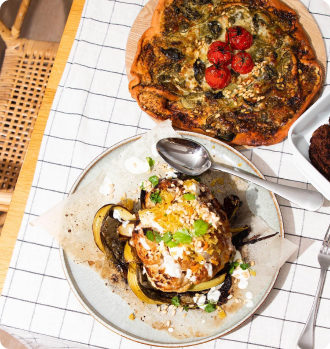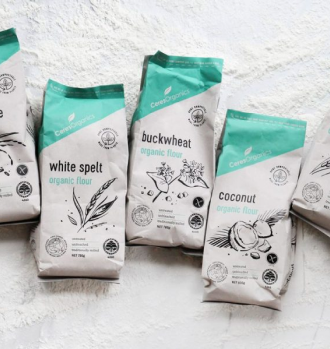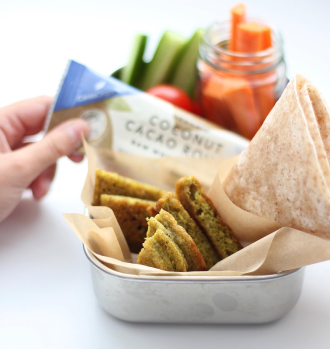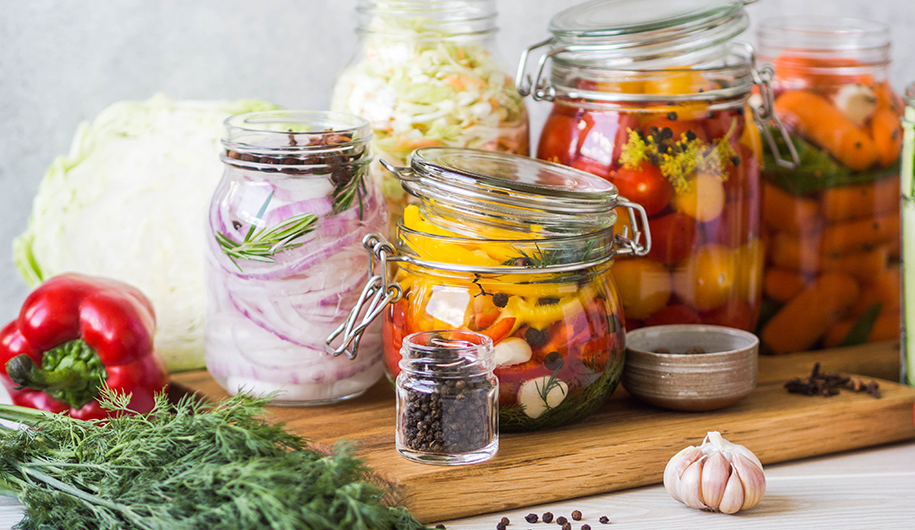
Most of us may not realise it, but issues like allergies, arthritis, autoimmune disease, acne, and chronic fatigue are actually digestive issues.
Your digestive system is at the core of your life energy, the wellbeing of your entire body. To avoid common digestive related health issues, like bloating and constipation, you need to know what foods will nourish your digestive health. Adding these 8 foods to your diet is will be great for your gut and overall health.
1. Chia seeds
Chia seeds plus water equals super hydrating gel. Chia seeds can actually absorb up to 12 times their weight in water. Chia has an incredible amount of fibre, just one tablespoon has 6 grams which your digestive system needs to help move your bowel.
Your bowel movements say a lot about your general health. Three per day to three per week is considered the normal range. But what’s more important than frequency is the ease with which you move your bowels. If you’re not within the normal range and/or have difficulty moving, you really need to get more fibre in you! You should be aiming for about 22 grams of fibre a day, and there are loads of ways to get chia seeds into your diet which will help you smash your fibre goals.
Make your water super hydrating by adding chia seeds to your water bottle or add chia seeds to your smoothies. Sprinkle chia over everything, your overnight oats, muesli and salads. Chia puddings are always a good idea, these chocolate chia puddings make really healthy desserts too.
2. Hydrating vegetables
Drinking fluids is going to help your body remove waste and detox, which prevents constipation. Forget what you have been told, eight glasses of water a day is no longer considered a goal.
You’ll gain extra benefits from eating your water. The Science of Cellular Water was developed by Dr Murad. For optimal hydration your body needs to hold water within its cells. Water in fruit and vegetables referred to as cellular water contains other nutrients that help water enter your cells.
So for optimal hydration, eat your water too. Need some juicing and blending inspiration? Check out our Pinterest boards for healthy juice recipes.
3. Fermented vegetables
Optimal digestion, absorption and removal of waste are required for good intestinal health. While we know how important fibre is for keeping things moving, increasingly studies are showing how our gut bacteria have a critical role in determining our overall health.
You can encourage the growth of healthy bacteria in your gut by eating foods packed with probiotics. Lacto-fermented vegetables like kimchi and sauerkraut, coconut kefir and kombucha, the elixir of life for the Chinese, are all rich sources of probiotics.
4. Oats
The fibre in oats is awesome for digestive health for two reasons. One, because oats contain more soluble than non-soluble fibres, which means oats are easier for your body to digest. Two, the beta-glucan fibres in oats bind with toxins in the gut and cholesterol in the blood, removing them from the body.
To get more oats in your diet, make overnight oats more often for breakfast like these almond protein oats and coconut oats or throw some oats into your next smoothie.
5. Kumara
Your digestive system does not simply ‘work’ because you put food through. Rhythmic intestinal contractions, called peristalsis, are needed for digestion, absorption and metabolism to occur. We largely associate potassium with bananas but actually kumara is loaded with potassium which helps flush out your digestive system.
Sweet potatoes are also a good source of magnesium, which regulates gut function and improves enzyme production in the body, thereby helping with digestion. Another bonus is kumara contains more soluble than insoluble fibre, which is easy on your digestive system. This black quinoa kumara salad is insanely delicious and gluten free.
6. Coconut kefir yoghurt
To improve your digestive system, you need to support it. As mentioned above, probiotics get more of these healthy bacteria into your gut, which helps keep things all zen in there. Cultured yoghurts are rich in probiotics, but for some people dairy isn’t an option. They just get serious gas and bloating.
Intolerant to lactose, or think you are? You’re not alone. About 60 odd percent of the global population is. Try coconut kefir yoghurt instead. It contains all the probiotics but none of the lactose that causes embarrassing side effects.
7. Psyllium husk
Psyllium is great for giving your colon a clean. Largely soluble fibre, psyllium absorbs water and eventually turns into a gelatinous blob. As the blob moves through your intestines, it continues to absorb water and expand, absorbing toxins and helping transport waste through the digestive tract.
Including whole psyllium husks in your diet can help keep your bowel movements nice and regular. You could drink one tablespoon of psyllium straight up in a large glass of water, or add it to a smoothie like this cleansing green smoothie with psyllium. Make sure you drink a lot of liquid when taking psyllium to keep things flowing.
8. Water
So now you’ve read this and you’re going to have a more fibrous diet. You’ll need to up your water intake too. Fibre is super absorbent and without fluids fibre can’t move through your digestive tract. You’ll get constipation. Not what you want.
Drink plenty of water and cellular water too. You’ll know when you’re getting enough water when your pee is clear all day long.

